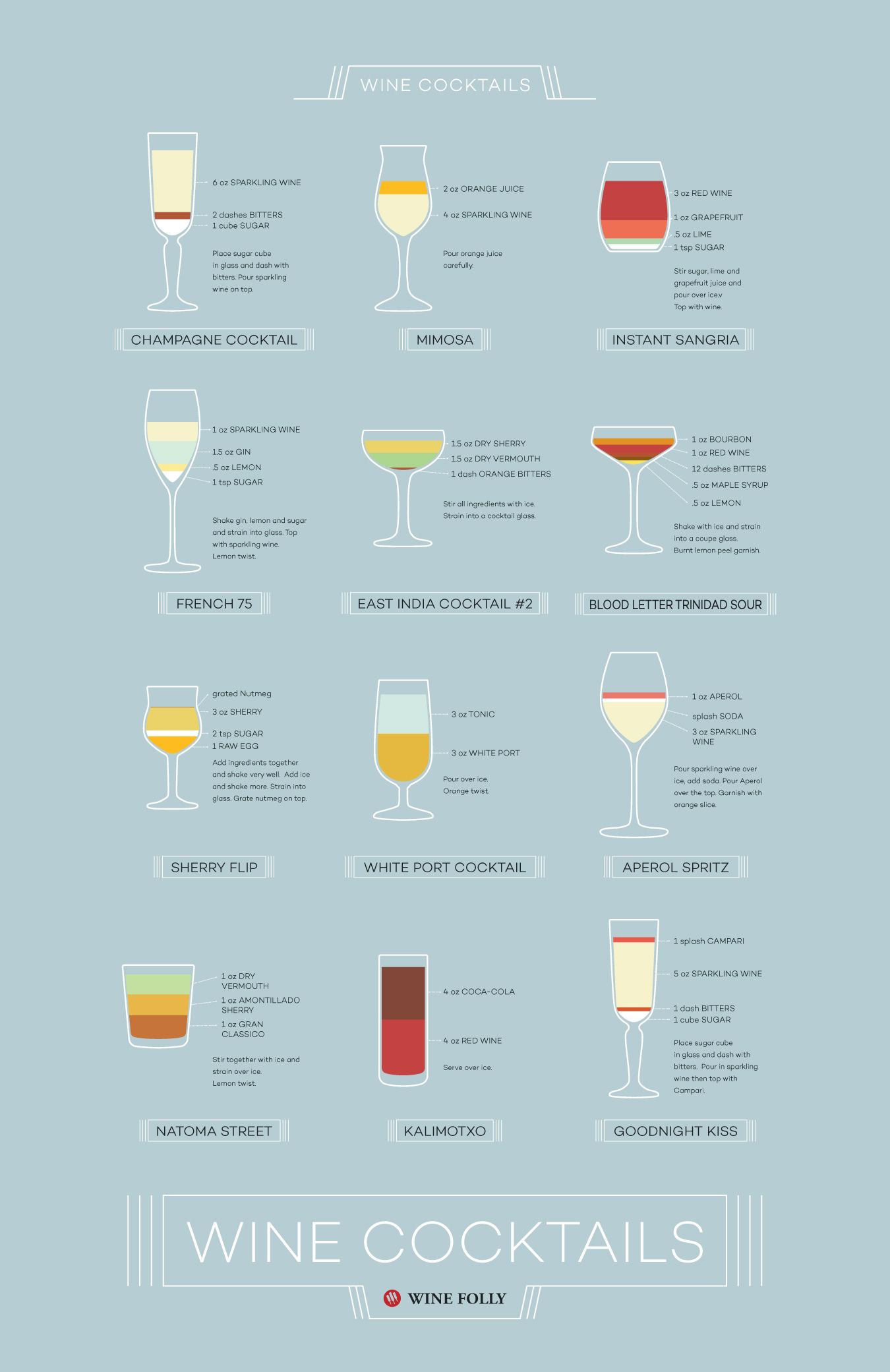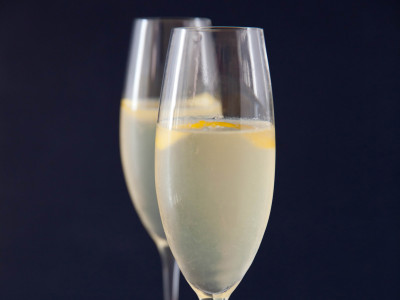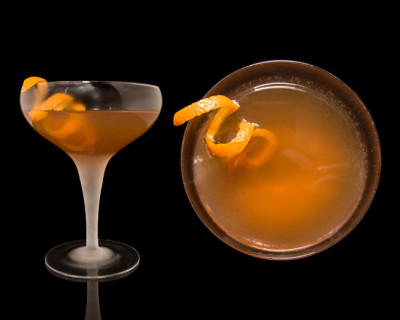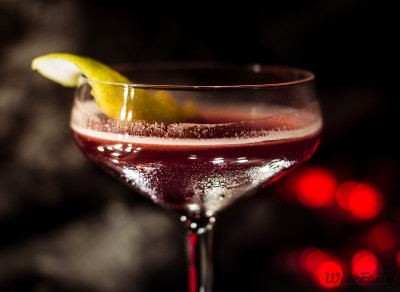If you like wine and you like cocktails, what happens when you put the two together? Well, I’ve got something for you! Here’s a fun guide outlining 12 classic (and new classic) wine cocktails as well as some advice on choosing the best wines to make these drinks. You’ll find that there are several specific wines that are preferred for cocktails because of their special attributes.
All About Wine Cocktails

12 classic and new classic wine cocktails to know.
You’ll notice that there are essentially 4 styles of wines used most dominantly in cocktails.
- Sparkling Wines
- Sherry
- Red Wines
- Dessert Wines and Vermouth
Which Sparkling wines to use in cocktails?
- Seek out Brut or Extra Brut sparkling wines. These are much more dry (not sweet) styles, which are preferred for cocktails unless the recipe specifically calls for a sweeter wine.
- Seek out a sparkling wine produced with the Traditional Method, which is how Champagne is made. This means no Prosecco but you can use Cava, Crémant and other new-world/American bubbly.
- Don’t waste your good stuff in cocktails. The flavors in fine vintage Champagne and Cava are often too nuanced for the rambunctious taste from citrus in cocktails. Save these wines for another time.

Example: French 75
The French 75 has this joyfully refreshing burst of citrus that makes it one of the most asked for Champagne-based cocktails ever. In truth, you don’t have to use Champagne for this drink (it’s expensive!). There is also another variation of the French 75 which calls for Cognac (brandy) instead of gin and is a bit sweeter. See how to make a French 75.
Which Sherry wines to use in cocktails?
- You can trust that most recipes that simply call for “Sherry” as an ingredient require a dry Sherry.
- If the recipe doesn’t specify a style (such as Cream Sherry, Fino, Oloroso, etc), a solid and affordable fall-back is to select a bottle of Amontillado Sherry. This is sort of the mid-way point for Sherry wine in terms of intensity and for that reason is usually a great place to start when building a cocktail. Of course, Amontillado can be quite fine depending on the producer.
- Once open, keep your bottle of Sherry capped in a cool dark place. It should last a month or so.

Example: East India Cocktail #2
The first rendition of the East India Cocktail came out in 1882 in Harry Johnson’s New and Improved Bartender’s Manual. The #2, however, is quite a step away from the original (which included both raspberry and pineapple syrup) and instead relies on much drier ingredients. The cocktail can be found in Old Mr. Boston De Luxe Official Bartender’s Guide which was originally published in 1935. Around that time, Sherry was a popular choice due to its long shelf life and high alcohol.
Which Red Wines to use in cocktails?
There are a myriad of possibilities when it comes to choosing a red wine for cocktails. Generally speaking, nearly every variety (or blend) of red wine will do fine. Since you will be making cocktails with this wine you’ll likely choose a more affordable option, otherwise it would just seem wasteful. This is just fine. Here are a few notes on specific red wine cocktails:
- Kalimotxo (“Cali-mo-cho”) was popularized in Northern Spain and Spanish Garnacha, Tempranillo and Monastrell are great choicess for this drink.
- Sangria tastes lovely with a fruit-forward red wine. For this, select a medium-bodied red wine such as Garnacha, Merlot, Carignan, Negroamaro, Barbera or Zinfandel.
- Bourbon-based drinks with red wine do a great job of absorbing and refining bold tannic wines. Perhaps try a Tempranillo, Petite Sirah or Cabernet Sauvignon to great success!

Example: Blood Letter Trinidad Sour
This Bourbon-based wine cocktail is a new classic invented by bartender, Benjamin Chew at Poppy in 2013 (Seattle). The drink works incredibly well with a high-tannin red wine. If you can zest the lemon over a flame, it adds a wonderful flavor of smoky citrus. See the original recipe.
Which wines to use in cocktails?
The secret to a great wine spritzer is a balance between sweetness, acidity, bitterness and carbonation. This is why you’ll often find dessert wines like Port or aromatized wines like Vermouth used in spritzers. If you are making one with a dry wine, be sure to add a little sugar or brandy to bump up the viscosity and sweetness.

Example: White Port and Tonic
The simplicity and balance in this cocktail come together the moment you twist an orange peel over it. It’s a mainstay in Porto, Portugal, but for the rest of us you’ll have to forage for the ingredients. It’s well worth the effort and pairs perfectly with a sunny day.
Conclusion
Get your creative juices working and come up with your own wine cocktails. Feel free to share your favorite with us in the comments below, we’re always looking for the next best drink 😉

Next Up:
Herbal wine cocktails
Step beyond classic wine cocktails and try these new ones using Riesling, Moscato, Gewürztraminer and Sparkling Wine.
See Wine Cocktails